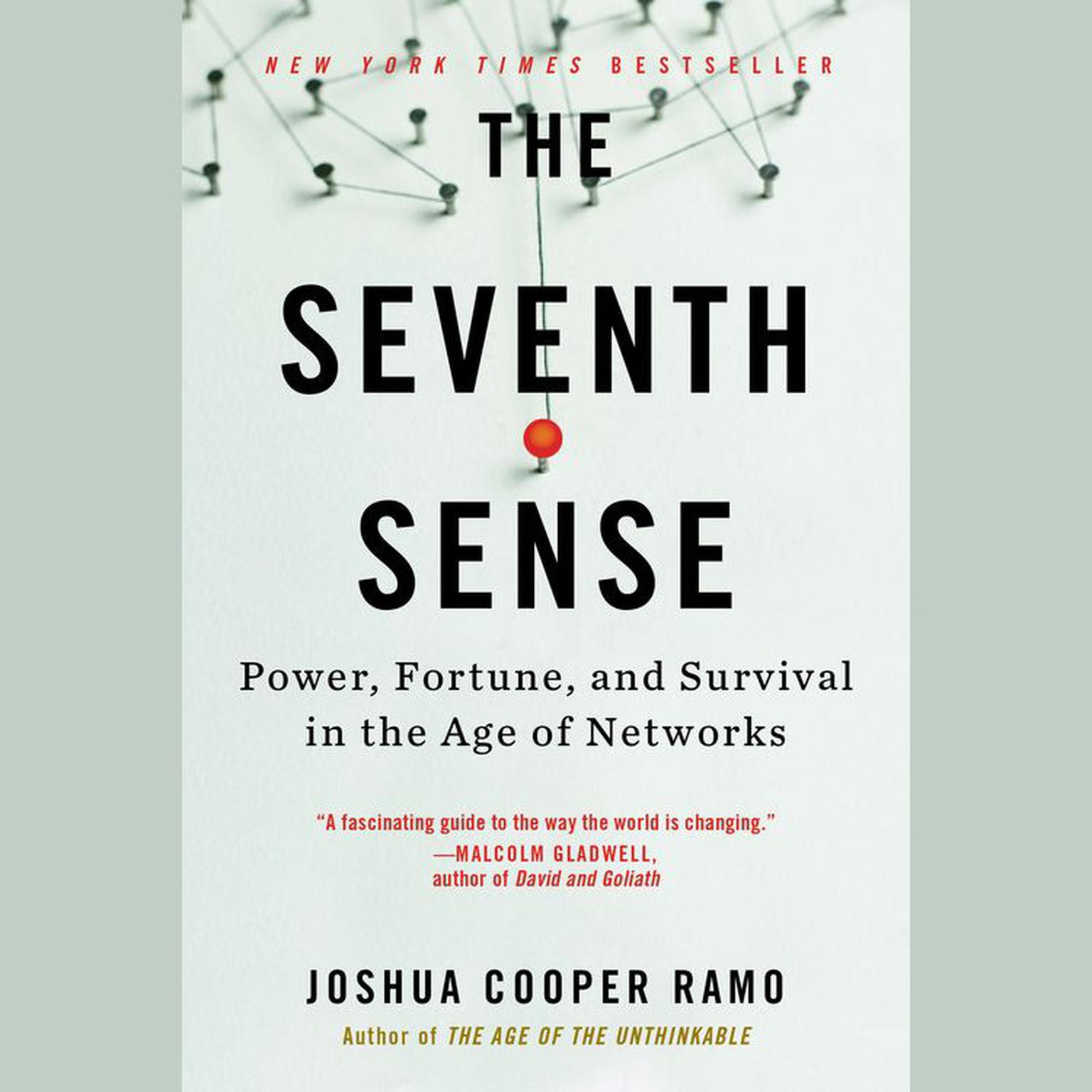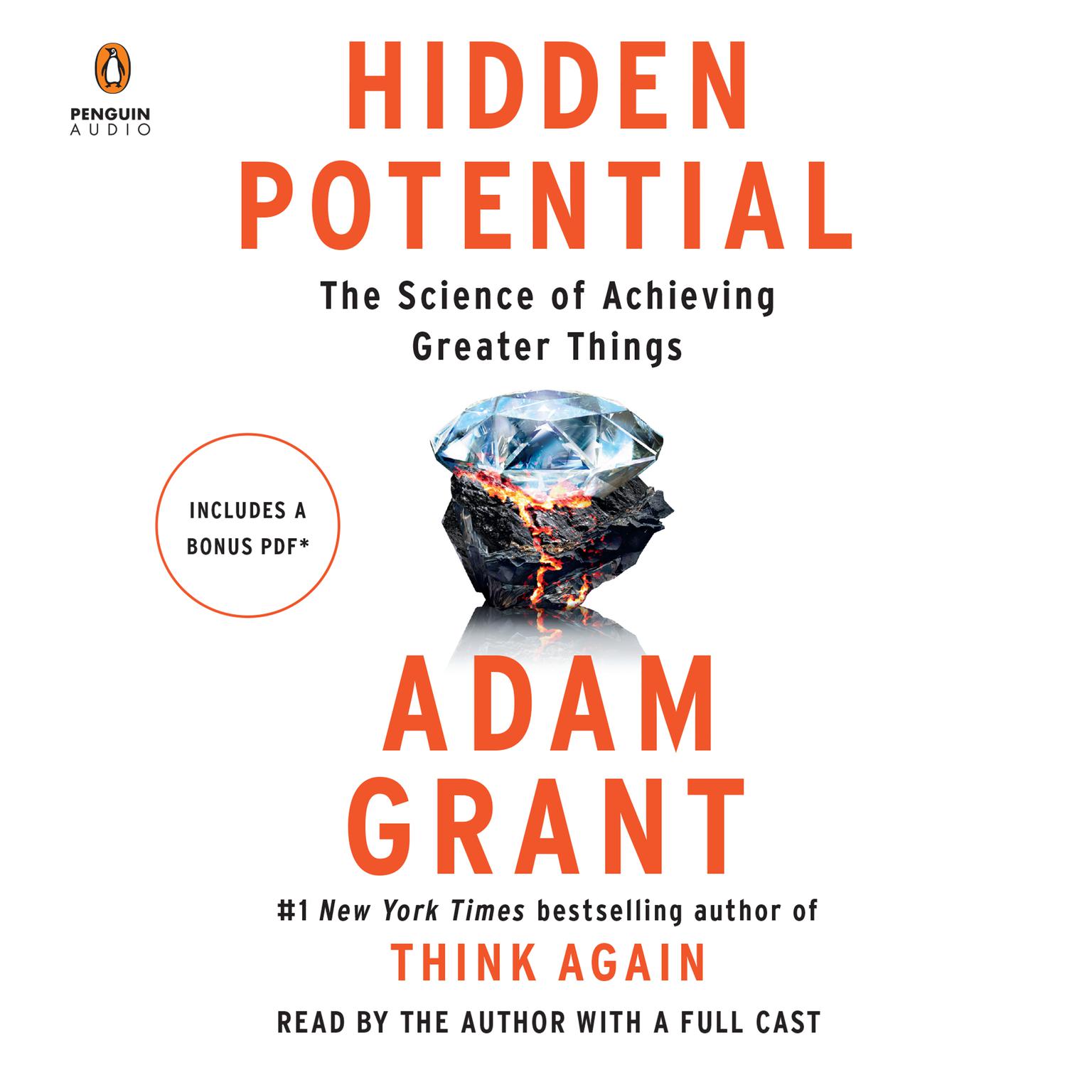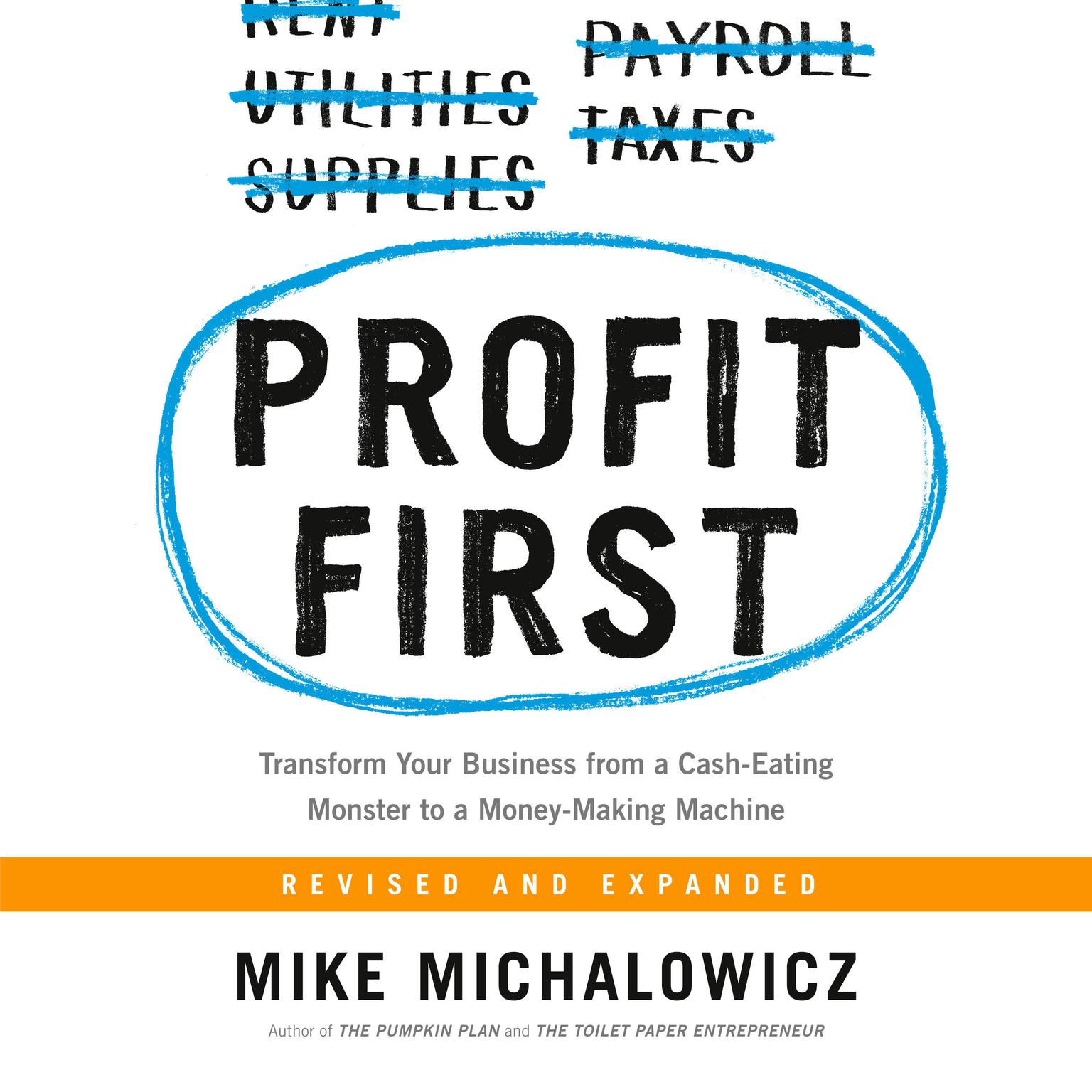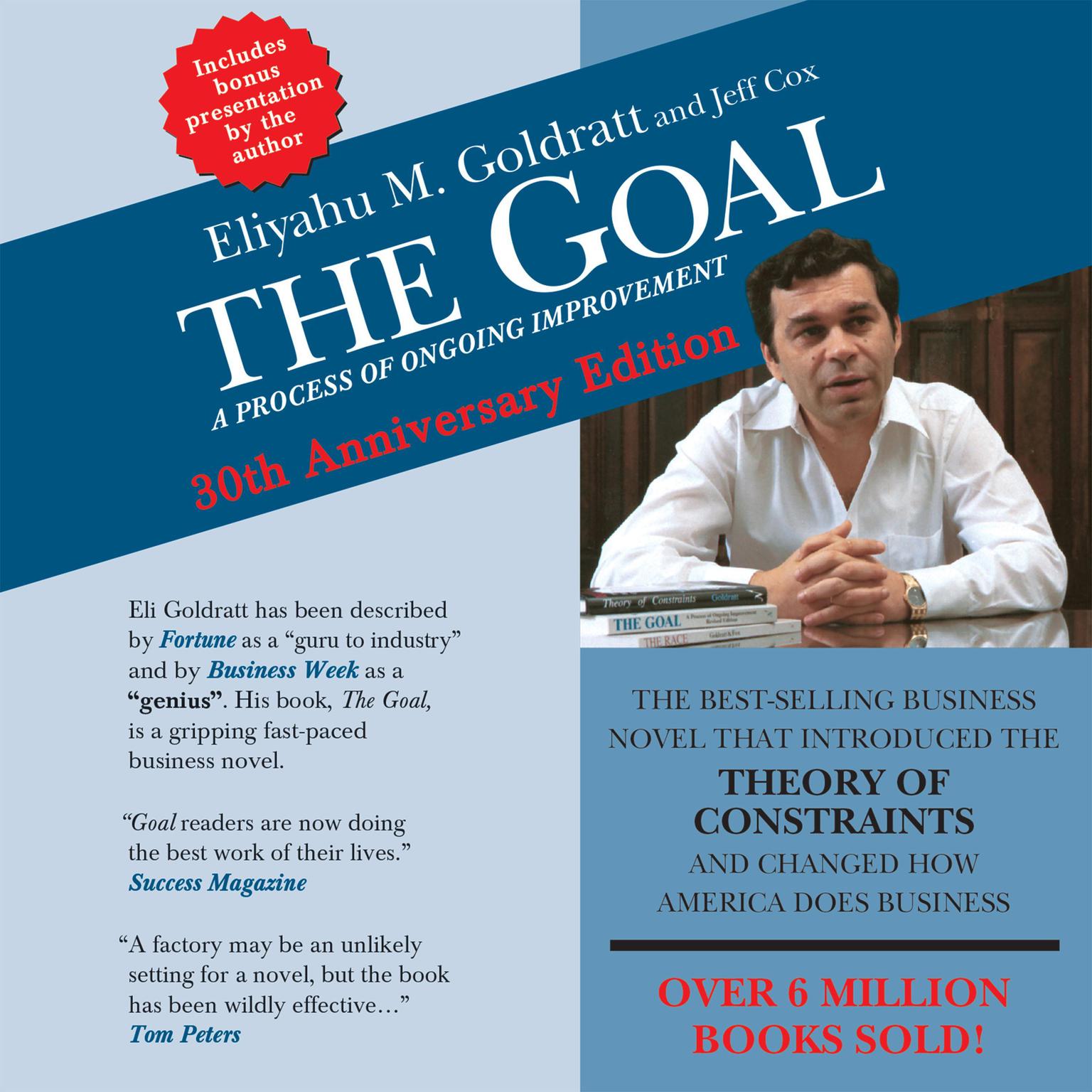Publisher Description
A revolutionary and timely reconsideration of everything we know about power. Celebrated UC Berkeley psychologist Dr. Dacher Keltner argues that compassion and selflessness enable us to have the most influence over others and the result is power as a force for good in the world.
It is taken for granted that power corrupts. This is reinforced culturally by everything from Machiavelli to contemporary politics. But how do we get power? And how does it change our behavior? So often, in spite of our best intentions, we lose our hard-won power. Enduring power comes from empathy and giving. Above all, power is given to us by other people. This is what all-too-often we forget, and what Dr. Keltner sets straight. This is the crux of the power paradox: by fundamentally misunderstanding the behaviors that helped us to gain power in the first place we set ourselves up to fall from power. We can’t retain power because we’ve never understood it correctly, until now. Power isn’t the capacity to act in cruel and uncaring ways; it is the ability to do good for others, expressed in daily life, and itself a good a thing.
Dr. Keltner lays out exactly–in twenty original “Power Principles”– how to retain power, why power can be a demonstrably good thing, and the terrible consequences of letting those around us languish in powerlessness.
*Includes Bonus PDF with images, graphs, and exercises.
Download and start listening now!
The Power Paradox, compelling and eye-opening from start to finish, will change your view of what power is. Power turns out to be a subtler force than it seems, influencing us for better and worse more than we realize. This book explains how people get power, keep it, and keep from being corrupted by it. The good news is the radical claim at the heart of the book: that the best way to get and keep power is to use it for the greater good. This pathbreaking book is full of fascinating and little-known findings, and Dacher Keltner’s many years of creative work on the psychology of status and influence make him uniquely qualified to write it.
—
Robert Wright, author of The Evolution of God and The Moral Animal










